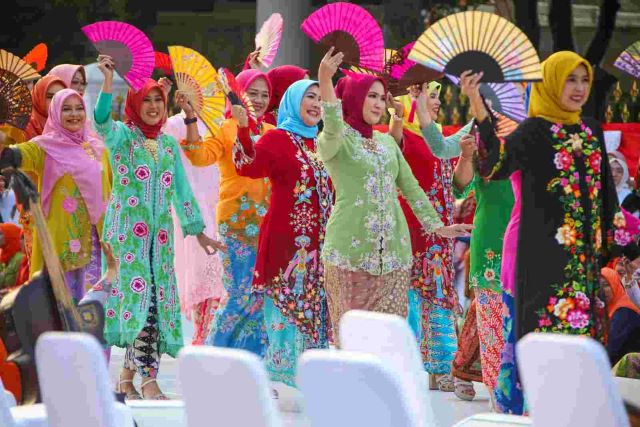Jakarta, Indonesia Sentinel — Dozens of humanoid robots took to the streets in China for the world’s first robot half marathon on Saturday, April 19. The event marked a new breakthrough in robotics and artificial intelligence.
Held in the city’s Beijing E-Town, a hub for high-tech manufacturing, the 21-kilometer (13.1-mile) race brought together both machines and humans on parallel tracks in a shared course.
While human and robot runners remained separated by safety barriers, the event served as the first-ever outdoor competition of its kind, providing a real-world testing ground for robots to navigate complex environments beyond controlled lab conditions.
Roughly 20 teams representing leading Chinese robotics firms participated, fielding humanoid robots ranging from 75 to 180 centimeters in height and weighing up to 88 kilograms. Notable participants included cutting-edge entries from DroidVP and Noetix Robotics.
Many robots sported quirky and human-like features, including running shoes, boxing gloves, and motivational headbands with slogans like “Bound to Win” written in Mandarin. Each robot was accompanied by a team of technicians and coaches to ensure optimal performance and troubleshoot technical issues.
Some robots operated fully autonomously, while others were remotely controlled. Along the way, there were stumbles and collisions, one robot even ran into a barrier, sending its operator tumbling but others recovered to applause from spectators.
Read Also:
China to Host Half-Marathon Race Between Humans and Humanoid Robots 2025
The Tiangong Ultra, developed by the Beijing Innovation Center of Human Robotics managed to complete the half marathon in 2 hours and 40 minutes, the fastest time recorded by any robot competitor.
In comparisson, the human men’s champion finished in 1 hour and 2 minutes, while the women’s winner crossed the line at 1 hour and 11 minutes. While the robots lag behind in speed, their successful participation was hailed as a major step forward for humanoid robotics.
Organizers emphasized that the event was about more than just speed. The race was designed to test physical endurance, balance, energy efficiency, and the sophistication of control algorithms. Data gathered from the event will be used to improve robotic performance in real-world applications.
As China continues to invest heavily in AI and robotics, this groundbreaking robot half marathon event further cements the country’s position at the forefront of global innovation in humanoid technologies.
(Raidi/Agung)

























